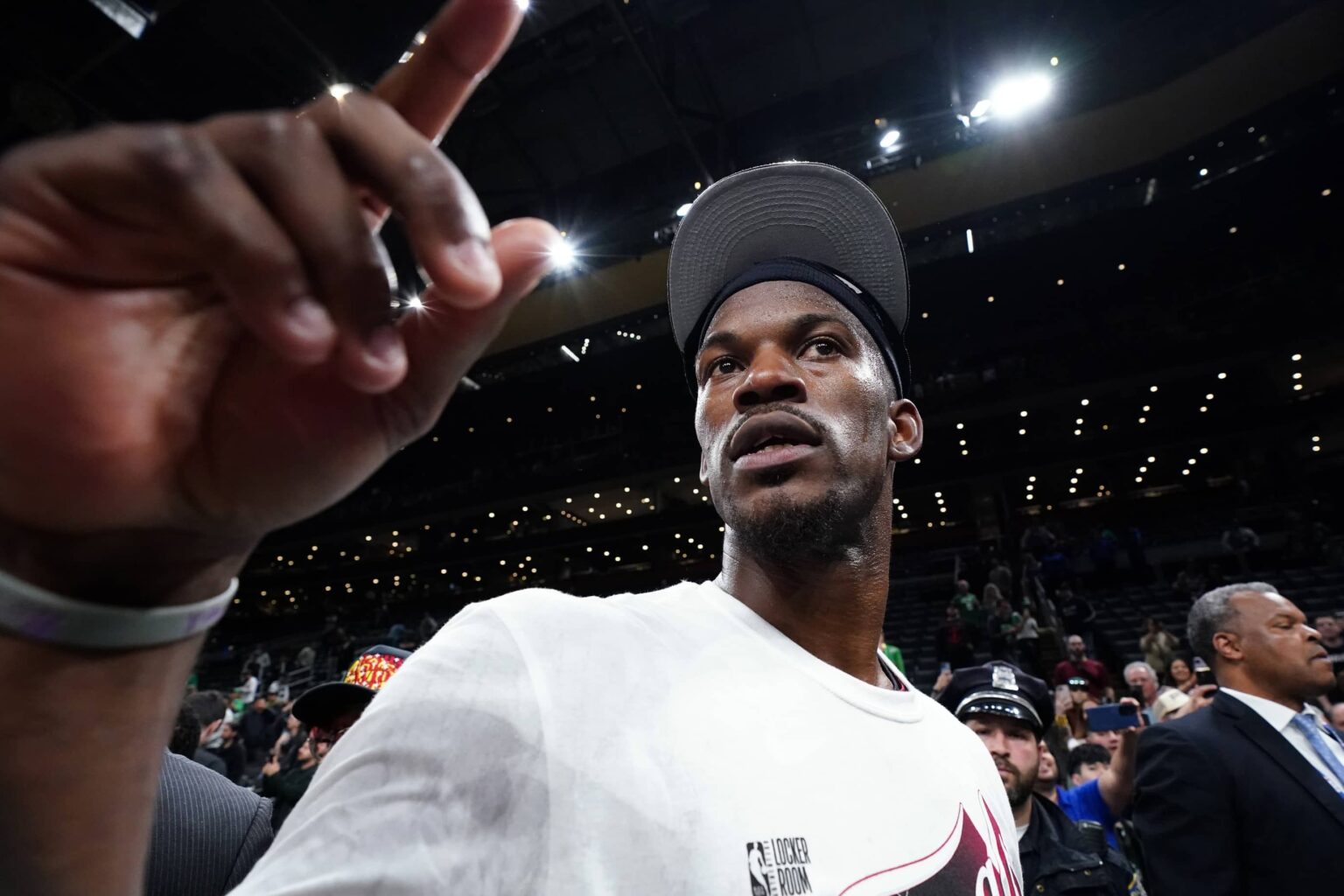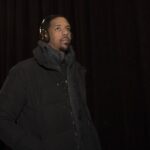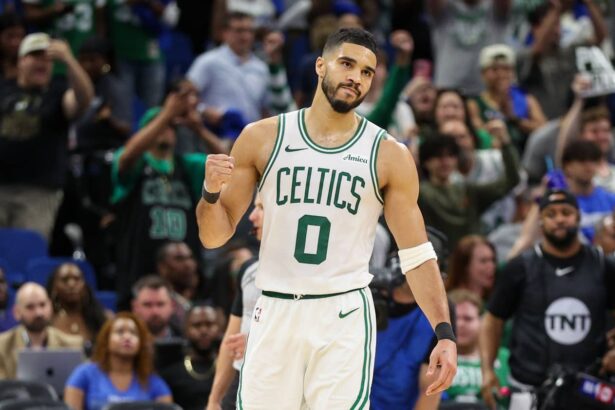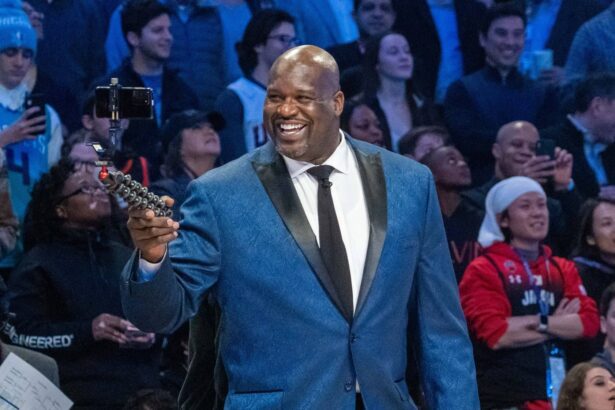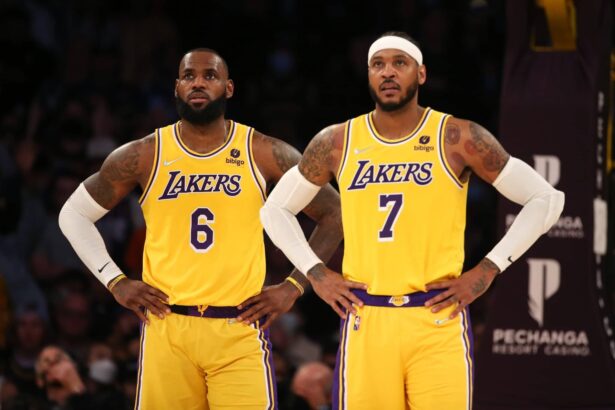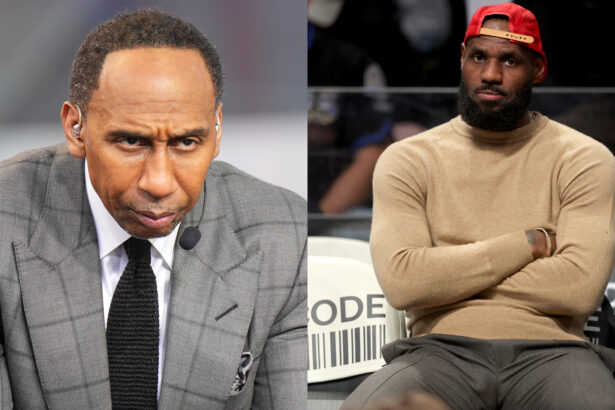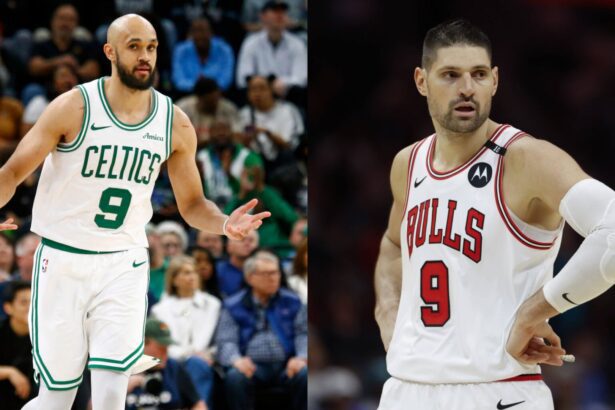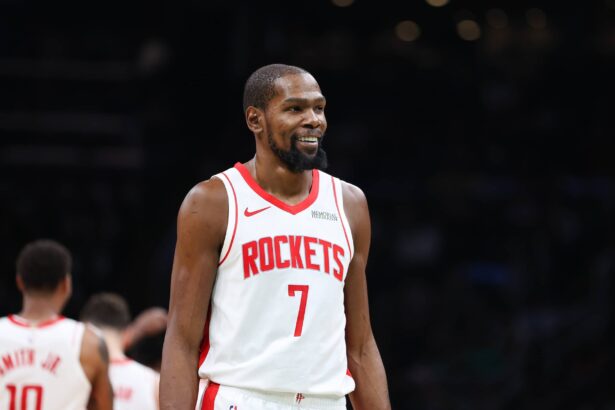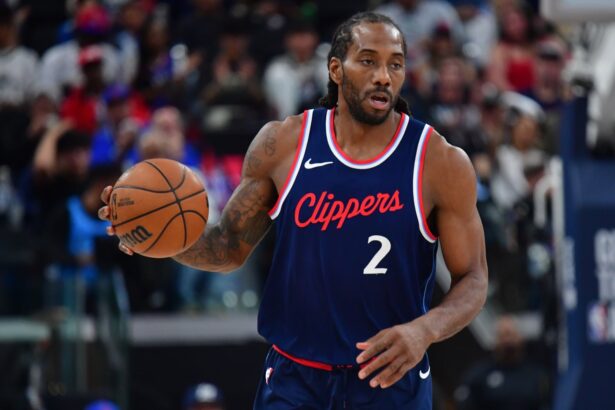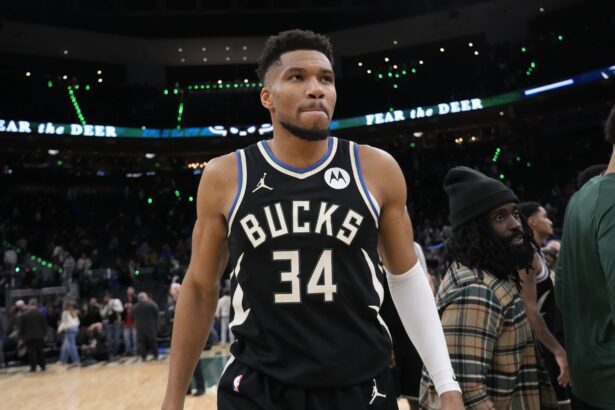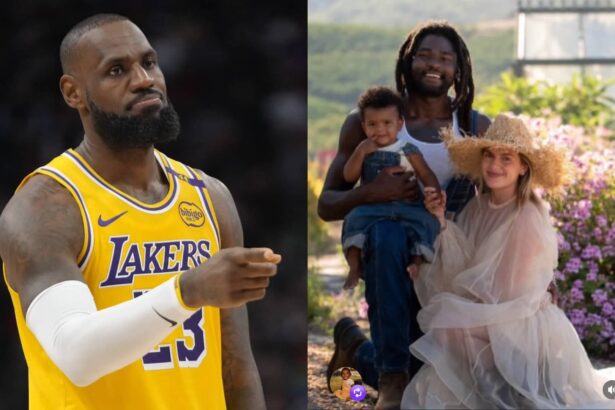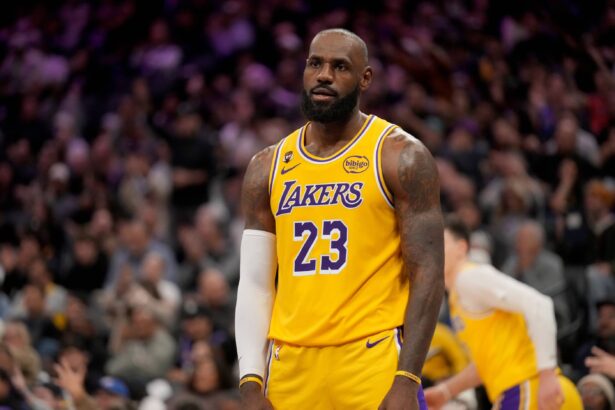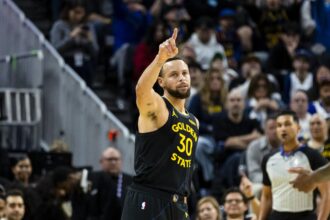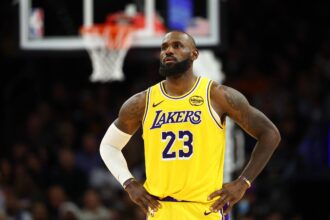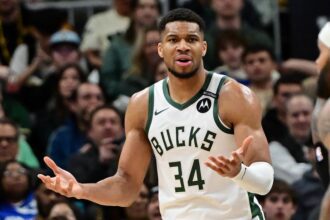The recent fallout between Jimmy Butler and the Miami Heat has sent shockwaves through the NBA, revealing deep-seated tension between the star forward and the organization.
Chris Haynes, a respected NBA insider, shared a detailed account of Butler’s side of the story during his appearance on the Le Batard Show, offering insight into the friction and miscommunication that has defined Butler’s relationship with the Heat.
The Finals Flights And Misrepresented Absences
A particularly sensitive issue involved Butler’s missed flights during the 2023 NBA Finals against the Denver Nuggets. According to Haynes, Butler’s absences were due to his father’s illness—a legitimate and deeply personal reason.
(Quotes cleaned up for better understanding)
“I do have insights from Jimmy’s camp and those individuals. To speak from the flights, I was told that in the last five years, Jimmy took less than five separate flights from the team, and four of them were during the Finals against Denver, when his father was sick. They’re clearly trying to diminish, I guess I should say, the narrative that he was just flying privately and separately frequently. And so, with that being said, that’s that.”
However, Butler’s camp feels the Heat misrepresented these absences, framing them as a lack of commitment. Haynes clarified that Butler has rarely flown privately in his five-year Heat tenure, with four of those instances occurring during the Finals. This narrative upset Butler, who felt the team was painting him in an unflattering light.
The Unspoken Face-To-Face Meeting
One of the key moments that aggravated the tension was the lack of communication between Butler and Heat President Pat Riley during the offseason.
“From Jimmy Butler’s perspective, let me just add this: over the summer, I was told Pat Riley had his comments. I remember I was covering the playoffs—it was the Heat-Boston series. I was doing sidelines for TNT at the time, and I was able to speak with Jimmy during the game.”
“He had some comments that were kind of, you know, egging on the Boston Celtics fan base. Later that day, or the next day, I believe, he had more comments, and I think that’s what Pat Riley was referring to about, ‘If you’re not playing, you probably should stay quiet.’ Obviously, that rubbed Jimmy the wrong way. He felt like that was taking things too far.”
“Both sides—I’m trying to take you guys through the exodus. Pat Riley was informed that a face-to-face meeting was necessary with Jimmy after all that went down. Jimmy was under the assumption that Pat was going to visit him in the offseason and have that face-to-face.”
“Jimmy told him about his offseason place in San Diego, but that never materialized. Pat never went out there, so they didn’t communicate via text, phone conversation, or face-to-face.”
“The last time they communicated was January 1st, when the Heat brought Jimmy into the office and talked about how they didn’t think he was putting forth the effort. From there, all the way back to the end of last season, that was the timeframe in which there was no communication.”
According to Haynes, Butler was under the impression that Riley would meet him face-to-face after a series of incidents during the playoffs, including comments from Riley that Butler found disrespectful.
Riley reportedly never followed through, leaving Butler feeling alienated. Butler had even communicated the location of his offseason home in San Diego, but Riley never visited. This lack of engagement further strained the relationship, setting a tone of discontent for the new season.
The Payroll Incident
An unusual financial hiccup further eroded trust between Butler and the organization.
“There were other things that happened that summer, too, that kind of put things in an uneasy place for Jimmy and the Heat by the start of training camp. For example, there was an accounting error toward the end of last summer where he didn’t receive his paycheck on time. It took the team about 10 days for him to get his payment. That had never happened before, so you’ve got all that going on.”
Haynes revealed that an accounting error caused Butler’s paycheck to be delayed by ten days—an incident that had never occurred before. While it was eventually resolved, the mistake compounded Butler’s growing dissatisfaction with the Heat’s management.
Offseason Rumors
Butler was also frustrated by the Heat’s apparent role in leaking trade rumors about him.
“On top of that accounting error, his agent, Bernie Lee, informed the Miami Heat that if they wanted to get an extension done, it had to be done in the offseason. If no deal was done by media day or the start of training camp, they would just play the season out and see what happens from there.”
“That deadline passed, and there was no communication—nothing to indicate whether they were going to do something or not. It just passed.”
“So Jimmy goes into training camp, and now there’s a new offense and defense being installed. From Jimmy’s standpoint, it doesn’t cater to his skill set. They want to shoot more threes and play more zone defense.”
“If you look at the way his season started, his usage rate is the lowest it’s been in the last 10 years. You’d have to go back to the 2014-15 season to find a similar rate. That hurt as well.”
“Then it leaked that the Heat were entertaining offers. This was before Pat Riley publicly stated that they were. That bothered Jimmy because, for a few weeks, it seemed like every other day there was something about Jimmy being linked to a team. From their standpoint, they’re wondering, ‘Who’s leaking this?’ It looked like it was coming directly from the team.”
Haynes reported that Butler believed these leaks originated from the organization itself, further souring his trust. For weeks, rumors swirled about Butler being linked to other teams, which created a tense atmosphere around him.
Training Camp Changes
Adding to Butler’s frustration, the Heat introduced significant changes to their offensive and defensive systems during training camp. The new schemes emphasized three-point shooting and zone defense, neither of which suited Butler’s strengths. This shift was particularly upsetting for Butler, as he felt these changes undermined his ability to showcase his skills while trying to earn a contract extension.
Another incident was when Butler returned from an illness in December, he was required to address the media on his first day back, despite swirling trade rumors.
“When he was away, sick, in late December, and missed a few games, he was still working out at the facility. When he came back, he had to address the media on his first day back at practice.”
“I don’t think he appreciated that, especially because, at the time, trade rumors were circulating about the Heat possibly moving him. He felt it was uncomfortable and uncalled for to have to answer those questions on his first day back, and he could only assume it was the team leaking those things.”
Butler’s camp found this move inconsiderate and tone-deaf, particularly given the sensitive nature of the speculation surrounding his future. The timing made Butler feel singled out and unsupported.
Effort Criticism And Statistical Defense
The breaking point came after a game in which Heat officials questioned Butler’s effort.
“Let’s talk about the game where the Heat criticized him. They brought him into the office the next day and basically questioned his effort—or lack thereof, I should say.”
“His agent, Bernie Lee, responded by presenting data from Second Spectrum, which showed that in that game, Jimmy had his highest miles-per-hour rate for the season, meaning he ran the fastest he had in any game that year. He also led the team in acceleration during that game. They were just trying to show, with data, that he wasn’t slacking.”
According to Haynes, Butler’s agent, Bernie Lee, pushed back against the criticism by presenting advanced metrics from Second Spectrum. These stats showed that Butler had recorded his highest miles-per-hour rate of the season and led the team in acceleration during the game in question. This data contradicted the Heat’s claims and left Butler feeling unjustly targeted.
Haynes emphasized that Butler’s frustrations extend beyond financial matters. While an unresolved extension added tension, the heart of the issue lies in a fractured relationship between Butler and the Heat. The star forward feels disrespected and misunderstood, particularly given his relentless work ethic and contributions to the franchise.
Despite the discord, Butler’s camp anticipates his return to the team if no trade materializes before his suspension ends. Butler’s decision to inform Miami Heat president Pat Riley of his intention to leave the team and exercise his $52 million player option has created a seismic shift in the franchise’s immediate and long-term future.
Chris Haynes’ report paints a complex picture of Jimmy Butler’s growing discontent with the Miami Heat. From perceived slights by Pat Riley to systemic changes that don’t align with his strengths, Butler’s frustrations reflect deeper issues within the organization.
As the trade deadline looms, the Heat face a critical decision: repair the relationship with their star or explore a future without him. Whatever the outcome, it’s clear that Butler’s situation in Miami is far from resolved.
Thank you for being a valued reader of Fadeaway World. If you liked this article, please consider following us on Google News. We really appreciate your support.

